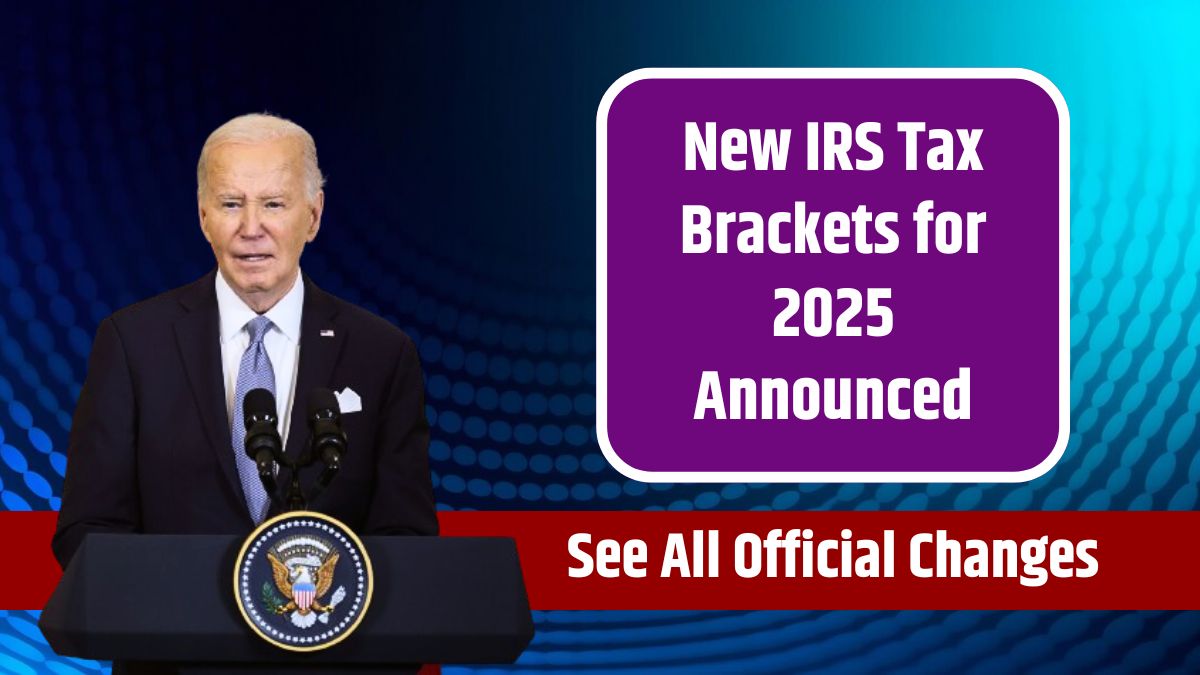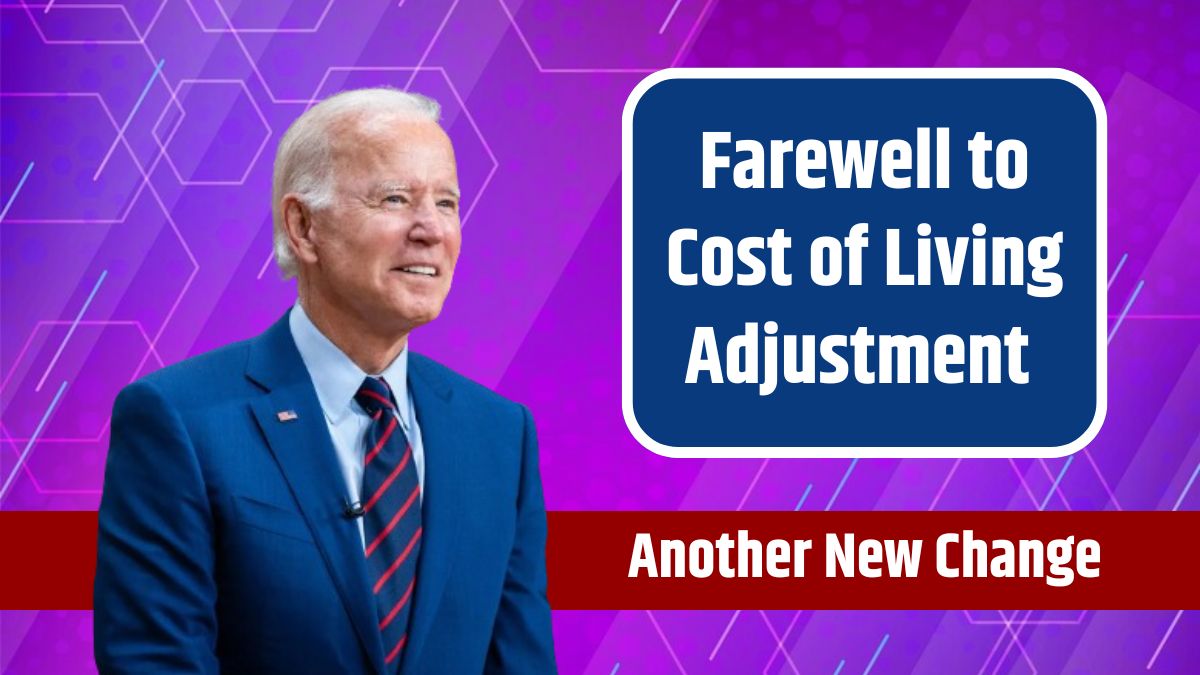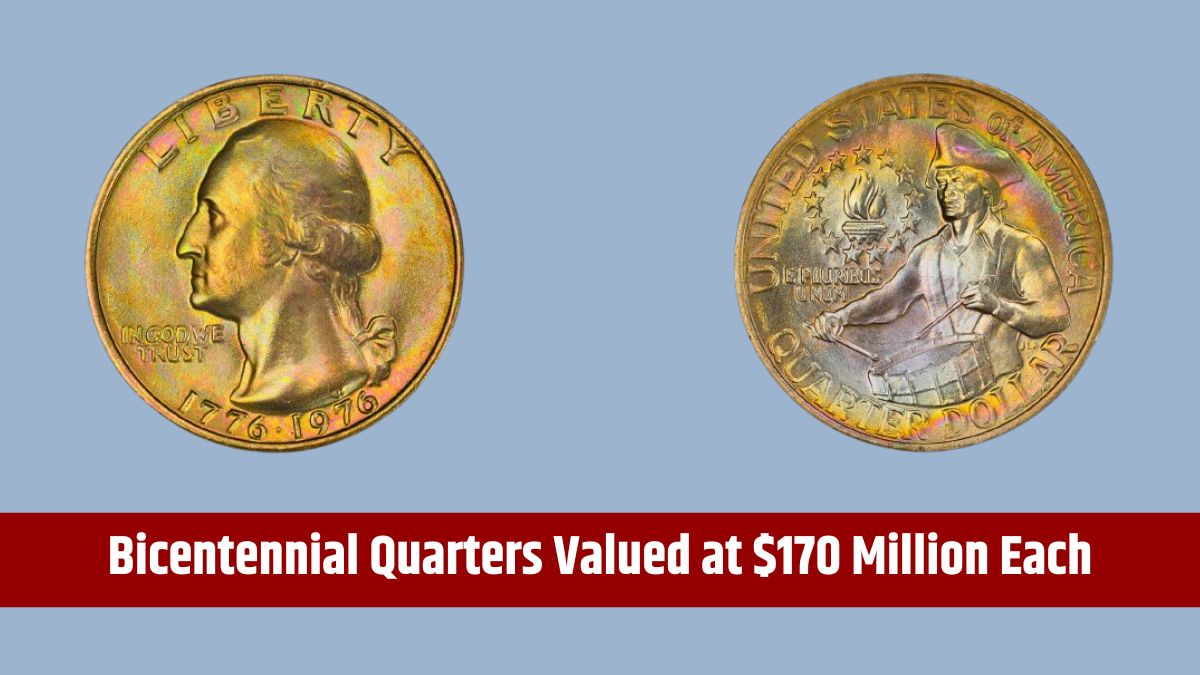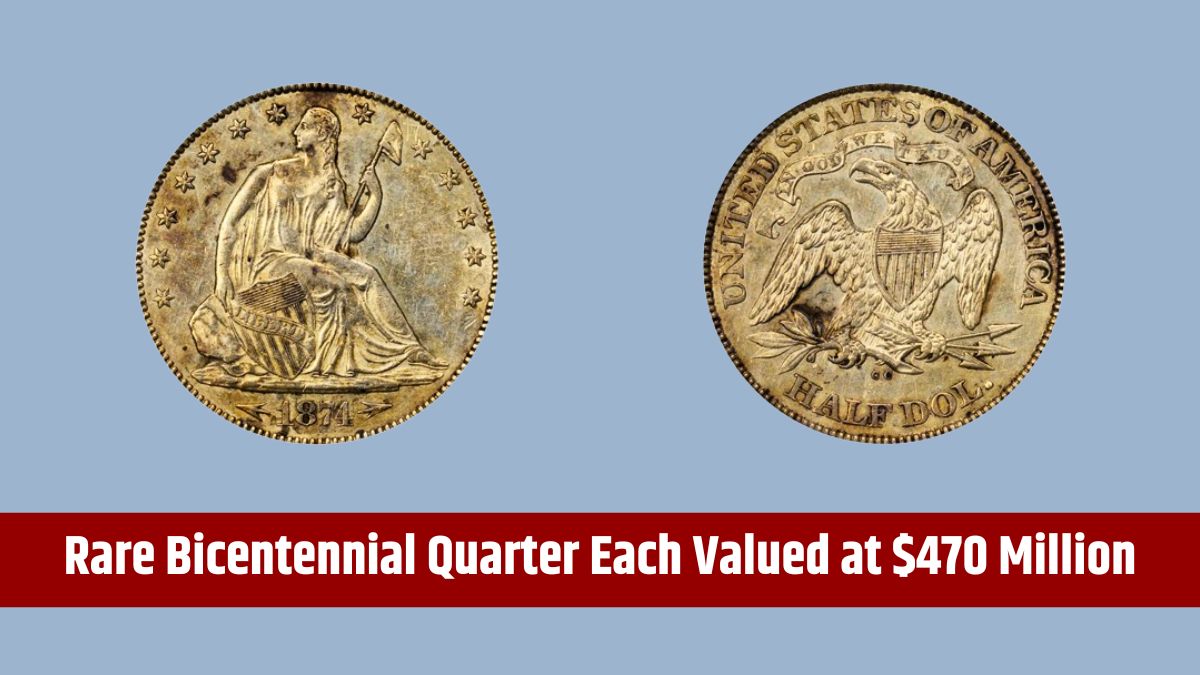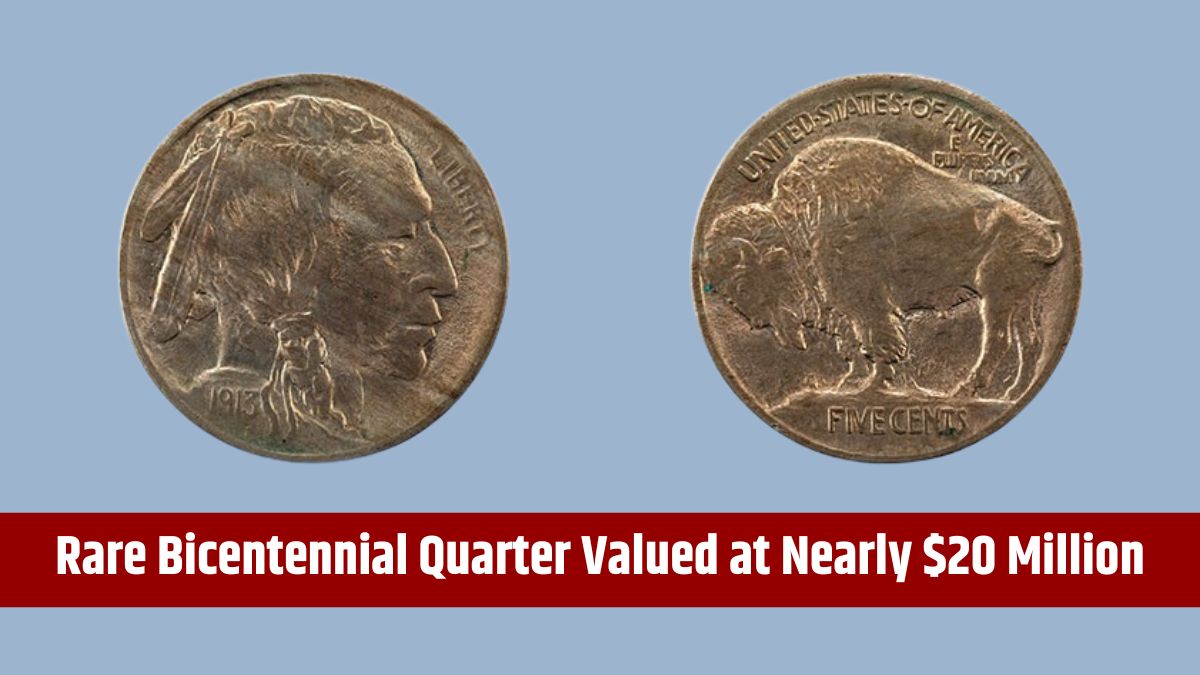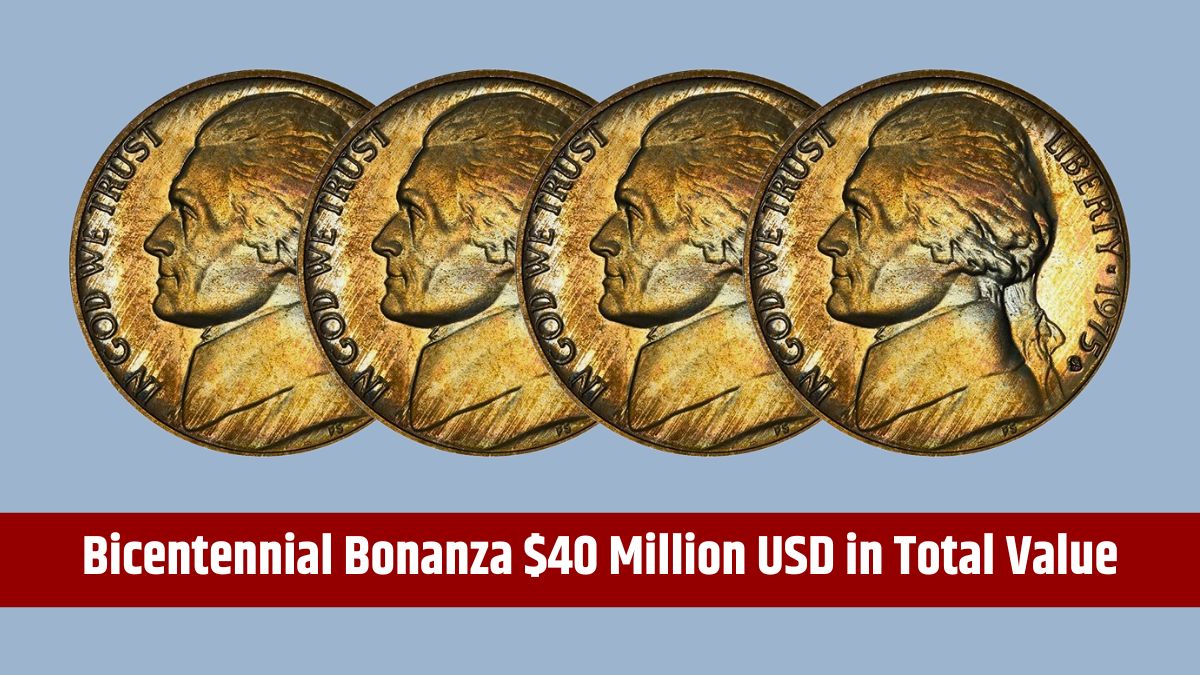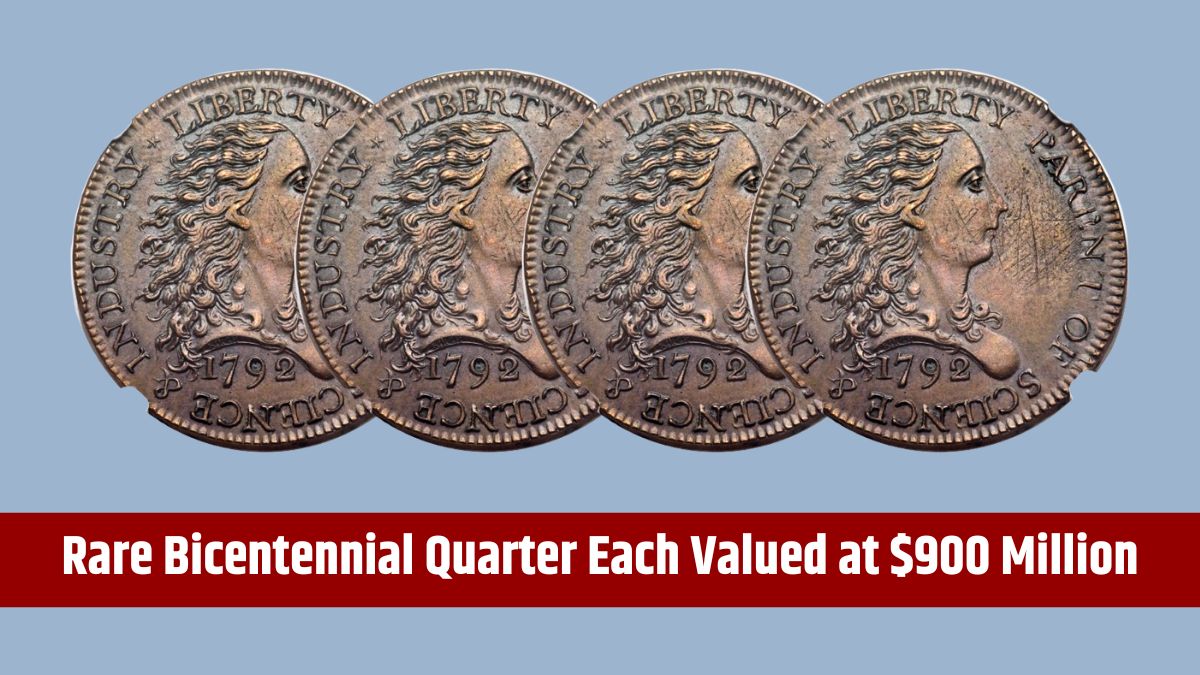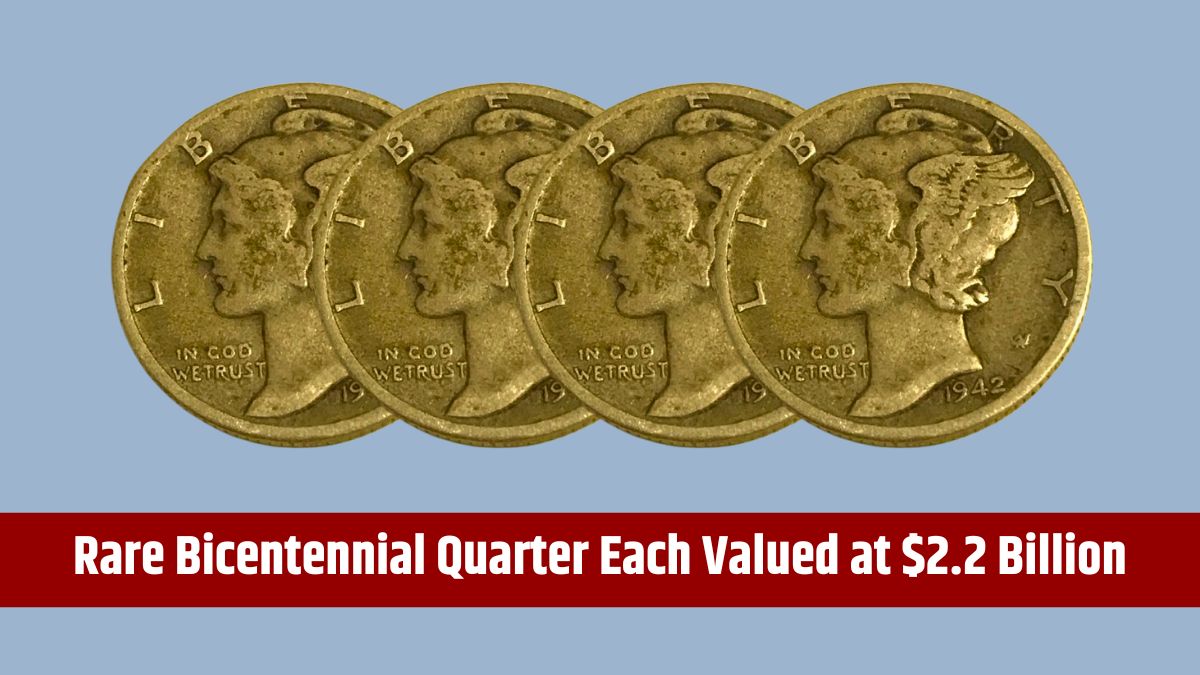The IRS has released its tax adjustments for 2025, including updated tax brackets, increased standard deductions, and revised Earned Income Tax Credit (EITC) limits. Although these changes won’t affect tax returns filed in early 2025 (for the 2024 tax year), they will be relevant for tax season in early 2026. Here’s what you need to know about the upcoming changes and how they might impact your finances.
Brackets
The IRS has made adjustments to the tax brackets to counter inflation’s impact on taxpayers’ purchasing power. These adjustments help prevent “bracket creep,” where rising incomes due to inflation could push taxpayers into higher brackets without truly increasing their purchasing power. In 2025, the IRS will maintain the seven tax brackets, with the top rate staying at 37%, as in previous years. However, income thresholds in lower brackets have been raised by approximately 2.8%.
| Tax Rate | Individual Income Range | Joint Filers Income Range |
|---|---|---|
| 10% | Up to $11,925 | Up to $23,850 |
| 12% | $11,926 – $48,475 | $23,851 – $96,950 |
| 22% | $48,476 – $103,350 | $96,951 – $206,700 |
| 24% | $103,351 – $197,300 | $206,701 – $394,600 |
| 32% | $197,301 – $250,525 | $394,601 – $501,050 |
| 35% | $250,526 – $626,350 | $501,051 – $751,600 |
| 37% | Over $626,351 | Over $751,601 |
This bracket adjustment allows more of taxpayers’ income to be taxed at lower rates, reducing the tax burden for many filers.
Deduction
To adjust for inflation, the IRS also increased the standard deduction, which simplifies filing for many by allowing them to take a set deduction rather than itemizing. For 2025, the updated standard deduction will be as follows:
- Individual filers: Up by $400, totaling $15,000
- Joint filers: Up by $800, totaling $30,000
- Heads of household: Up by $600, totaling $22,500
With these increases, taxpayers can reduce their taxable income more effectively, leading to potential savings.
Earned Income Tax Credit
The Earned Income Tax Credit (EITC) is a refundable credit that supports low- to moderate-income workers and families. The credit amount increases based on the number of dependents, although it’s available to those without dependents as well. Here’s how the EITC changes for 2025:
- No children: Maximum credit of $649
- One child: Maximum credit of $4,328
- Two children: Maximum credit of $7,152
- Three or more children: Maximum credit of $8,046
With these adjustments, families with dependents, especially those with three or more children, may see a greater benefit from this refundable tax credit.
2025 as a Critical Year
The year 2025 marks the expiration of certain provisions in the Tax Cuts and Jobs Act (TCJA) passed in 2017, including reductions in individual and corporate tax rates, an increased standard deduction, and doubled family tax credits. If Congress does not extend these provisions, taxpayers may experience higher rates, reduced credits, and fewer deductions starting with their 2026 returns.
The IRS’s 2025 adjustments reflect efforts to mitigate inflation’s effects on taxpayers, potentially lowering tax liabilities for many. Preparing for these changes can help make the 2026 filing process simpler and potentially less costly.
FAQs
What are the 2025 IRS tax brackets?
There are seven brackets from 10% to 37%.
How much is the 2025 standard deduction?
$15,000 for individuals, $30,000 for joint filers.
Will the EITC increase for 2025?
Yes, with a max credit of $8,046 for 3+ kids.
Do these changes affect 2024 taxes?
No, they apply to the 2025 tax period only.
What happens if the TCJA expires?
Rates and deductions may revert to pre-2017 levels.

